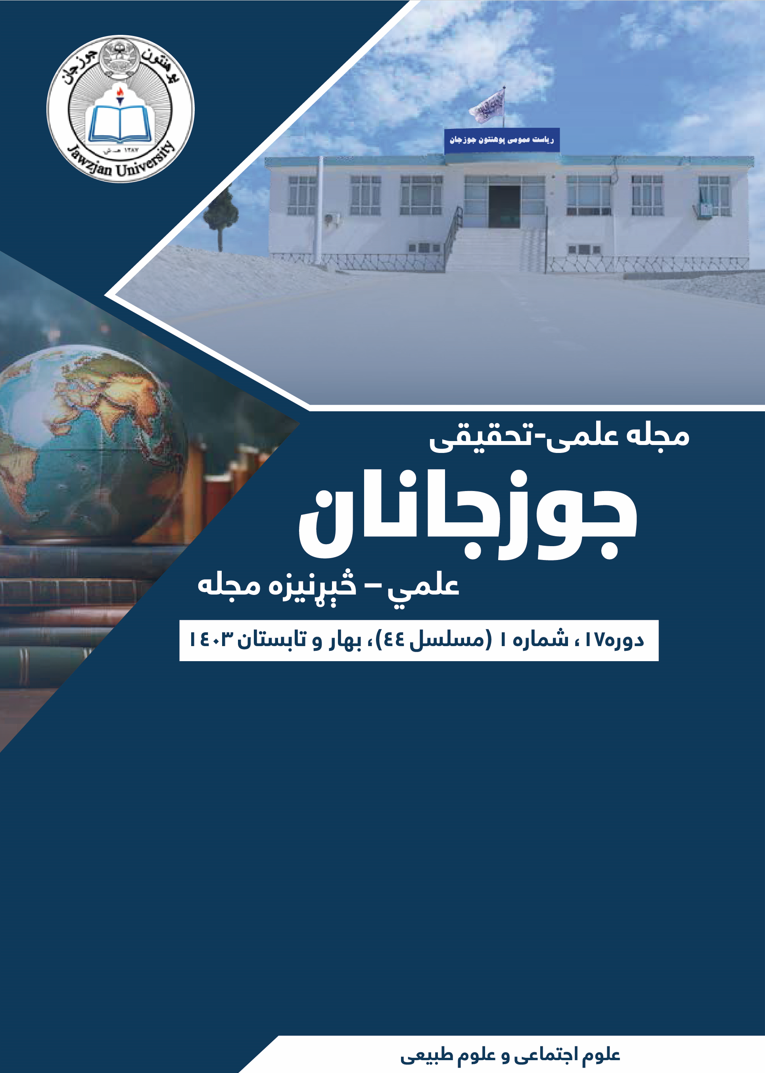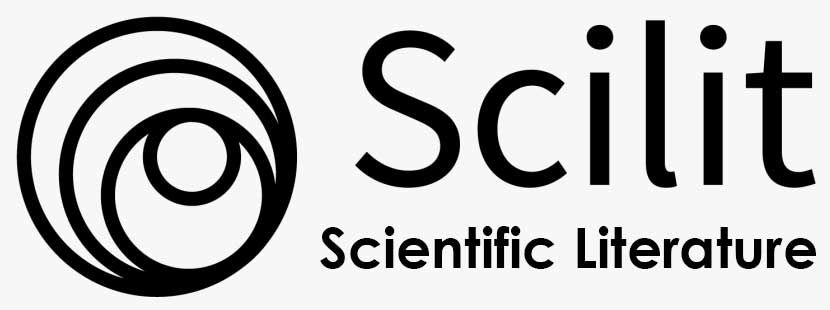A Brief Overview of Feraghi’s Literary Creation and Their Impact on Society
DOI:
https://doi.org/10.69892/jawzjanan.2024.16Keywords:
Effect, Turkmen People, Society, Poem, Makhdoom Quly FiraghiAbstract
Makhdoom Quly Firaghi, brought a great revolution to 18th-century Turkmen literature. He crafted his poems with a language accessible to the general public, encapsulating their feelings and experiences. This approach earned him the love and respect of the entire Turkmen populace. His poems, rich in themes such as humanitarianism, patriotism, honesty, philanthropy, generosity, beauty, friendship, unity, and heroism, expressed the people’s desires and wishes in a simple language. A significant portion of Firaghi’s poetry also delves into religious-mystical subjects, addressing the core tenets of Islam and aiming to provide religious education to the people. This research aims to explore the impact of the poet's works on society. The poet's poems are diverse, offering valuable insights into different aspects of the community. As a result, this study seeks to illuminate how the poet's religious-mystical perspectives, social ideas, and concepts of patriotism and heroism influence society. There has been a lack of sufficient scientific studies on this topic to date. We believe that this research will provide an important and valuable resource for future scholars. This study utilizes the library research method and incorporates relevant scientific works from Afghanistan and other countries related to the subject. Consequently, Faraghi has become a significant figure within the Turkmen community. His poetry reflects the lives and living conditions of the Turkmen people. For this reason, the poet's writings have been widely accepted by the majority.
References
راسخ یلدرم، محمد صالح. (1394). تاریخ و فرهنگ ترکمنها. مزار شریف: صورتگر.
عاشورپور، نور محمد. (۱۳۸۸). دیوان مختومقلی فراغی (متن انتقادی). گرگان: مختومقلی فراغی.
فراغی، مخدومقلی. (۱۳۸۰). مخدومقلی فراغینینگ کامل دیوانی. چاپا تیارلان: عبدالمجید توران، لاهور: ملت پریس.
فراغی، مخدومقلی. (۱۳۹۲). دیوان مختومقلی فراغی و متن کامل و تطبیقی اشعار. چاپا تیارلان: اراز محمد سارلی، گرگان: مختومقلی فراغی.
فرزاد، عبدالرحیم. (1395). فراغینینگ عرفانی موضوعداقی شعرلرینه غیسغا بیر غاراییش، جوزجانان علمی مجلهسی، (۱۷)، ۱۳۰-۱۴۷.
Beşen Delice, T. (2017). Mahtumlu’nu Şiirleriyle Tanımak. Bartın Üniversitesi Edebiyat Fakültesi Dergisi 2(1), 82-100.
Sarıyev, B. (2017). Türkmen Türkçesi ve Kültürü Üzerine Makaleler. Yayına Hazırlayan: Emrah Yılmaz ve Tuna Yılmaz, Ankara: Akçağ Yayınları.
Sağlam, S. (2013). Mahtumkulu’nun Tenkit Şiirleri Üzerine Bir İnceleme. Uluslararası Türkçe Edebiyat Kültür Eğitim Dergisi, 2(2), 162-163.
Pyragy, M. (1926). Magtymguly Goşgulay. Çapa Taýýarlan: Berdi Kerbabaýow, Aşgabat: Türkmen Döwlet Neşriýaty.
Pyragy, M. (1959). Magtymguly. Çapa Taýýarlan: Garyýew, Baýmuhammet Atalyýewiç. (1975). Magtymguly. Aşgabat: Türkmen Döwlet Neşriýaty.
Pyragy, M. (1988). Magtymguly. Çapa Taýýarlan: Abdulrahman Amanow we Başgalary, Aşgabat: Ylym Neşriýaty.
Yawar, M. B. (2023). Afganistan’da Mahtumkulu’nun Öğrenilşi. Kardeş Kalemler Dergisi, 205, 58-65.







